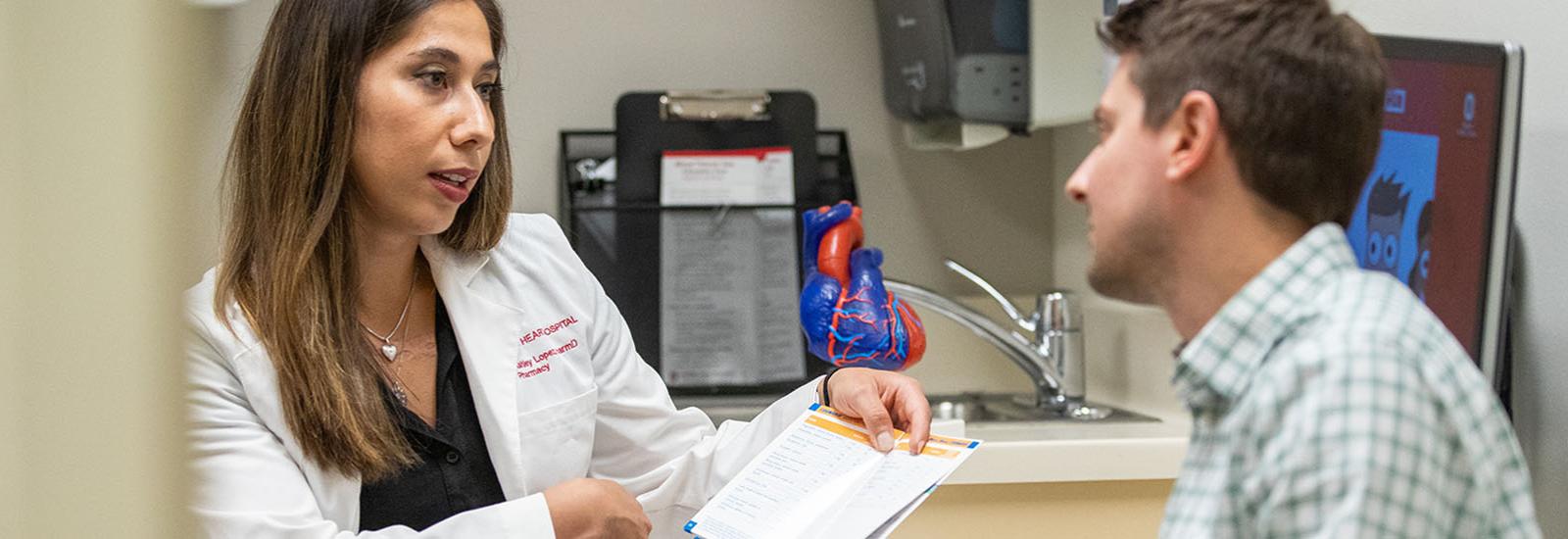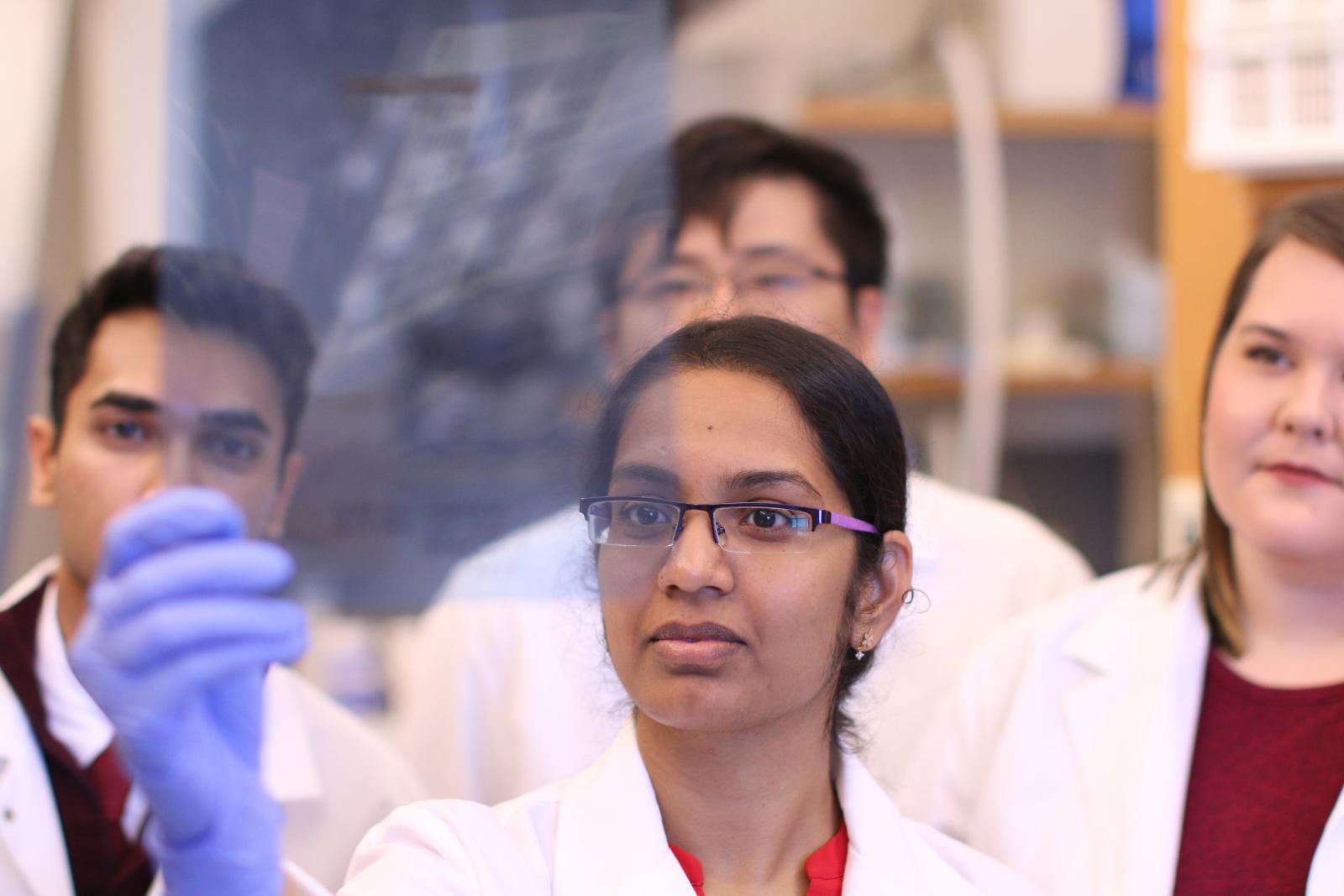
Outcomes and Translational Science Graduate Studies
- Home
- Education
- Graduate Programs
- PhD Program
- Outcomes and Translati...

The PhD program in Outcomes and Translational Science at The Ohio State University prepares students to conduct studies at the interface between the laboratory and the clinic through course work and research components.
Prospective students will have the opportunity to pursue coursework and research training in the following tracks:
- Pharmaceutical outcomes, including research in Pharmacoepidemiology and Medication Use and Outcomes
- Translational Sciences, including research in Cardiac Arrhythmias and Heart Failure and Translational Cancer Pharmacology.
This program is designed for students with a variety of educational backgrounds, who want to earn a PhD in Pharmaceutical Sciences with a focus on outcomes or translational sciences. Successful applicants must have a bachelor's or master's degree from an accredited college or university with a competitive academic record and demonstrated interest in research in alignment with faculty expertise. Students accepted into the Ph.D. program would receive stipend and tuition support in the form of teaching associateships, research associateships, administrative associateships or fellowships.
The Outcomes & Translational Sciences Graduate Program Specialization
Learn more about the faculty teaching in the Outcomes & Translational Sciences specialization.
Faculty teaching in OTSThe candidacy examination is designed to determine whether a graduate student has achieved the competency and capacity to conduct research at the doctoral level. The exam tests for a knowledge base in the area of clinical research, and mastery of the planned area of translational research. This includes the ability to critically review existing literature form hypotheses, design experiments to test hypotheses, and analyze experimental data. A student must be in good academic standing (GPA of 3.00 or higher) to be eligible for the candidacy examination.
Written portion:
Each student will prepare a grant proposal which will serve as the basis of the written portion of the examination. The topic of the examination will be determined in consultation with the major advisor and should differ from the proposal developed as part of the Integrated Biomedical Graduate Program Fundamentals of Grant Writing courses. The written portion of the exam must be approved by all committee members. If the proposal is unsatisfactory, the candidate will have one opportunity to revise the proposal.
Oral portion:
The oral examination should occur within one month of approval of the written proposal. The purpose of the oral exam is to further evaluate the student’s knowledge and critical thinking. The written proposal will serve as the starting point for the oral examination (a 15 minute overview of the proposal may be presented to the committee at the beginning of the oral examination). In addition, the advisory committee may prospectively identify additional materials for examination, based on knowledge and understanding of material from completed coursework.
Upon recommendation of the examination committee, a student failing the oral exam may retake the exam the following semester. A maximum of two oral examinations is permitted. A student must pass the second oral exam to advance to doctoral candidacy.
A limited number of fellowships are available.
Advanced level graduate students who are pharmacists may be eligible for student loan forgiveness through the National Institutes of Health Loan Repayment Program (LRP). LRP awardees must commit at least 50% of their time (at least 20 hours per week based on a 40-hour work week) for two years to the research. For more information visit the NIH website.